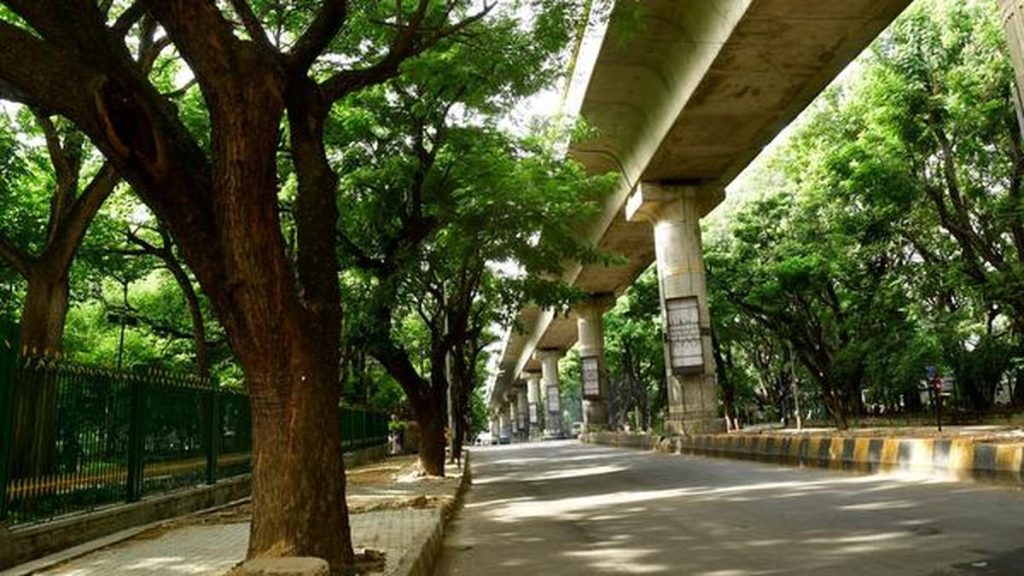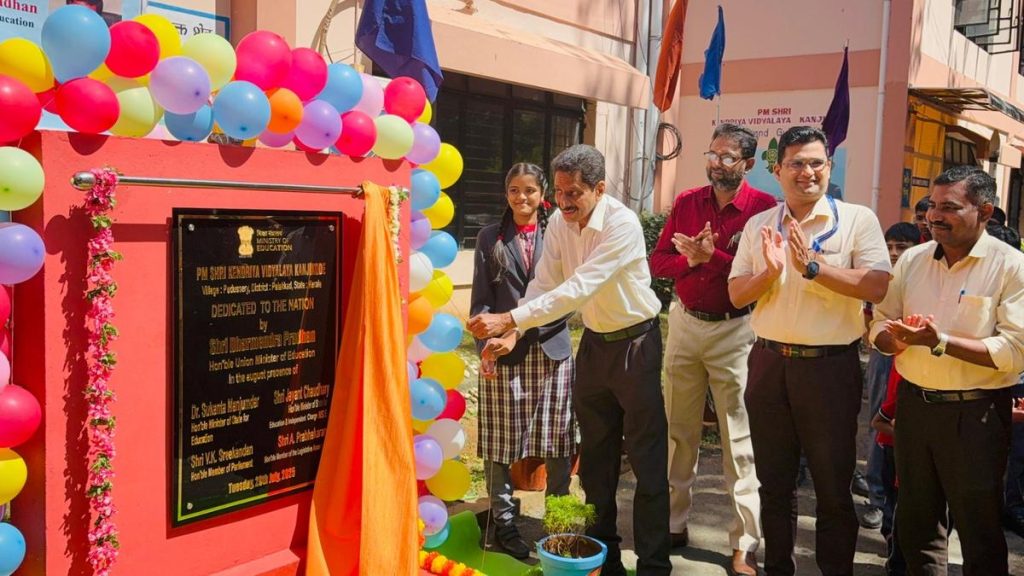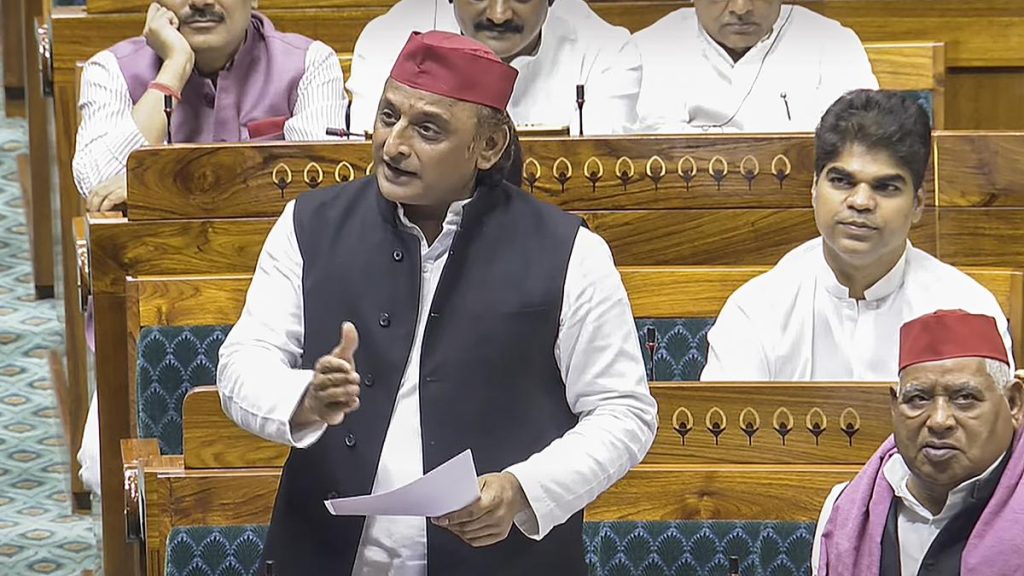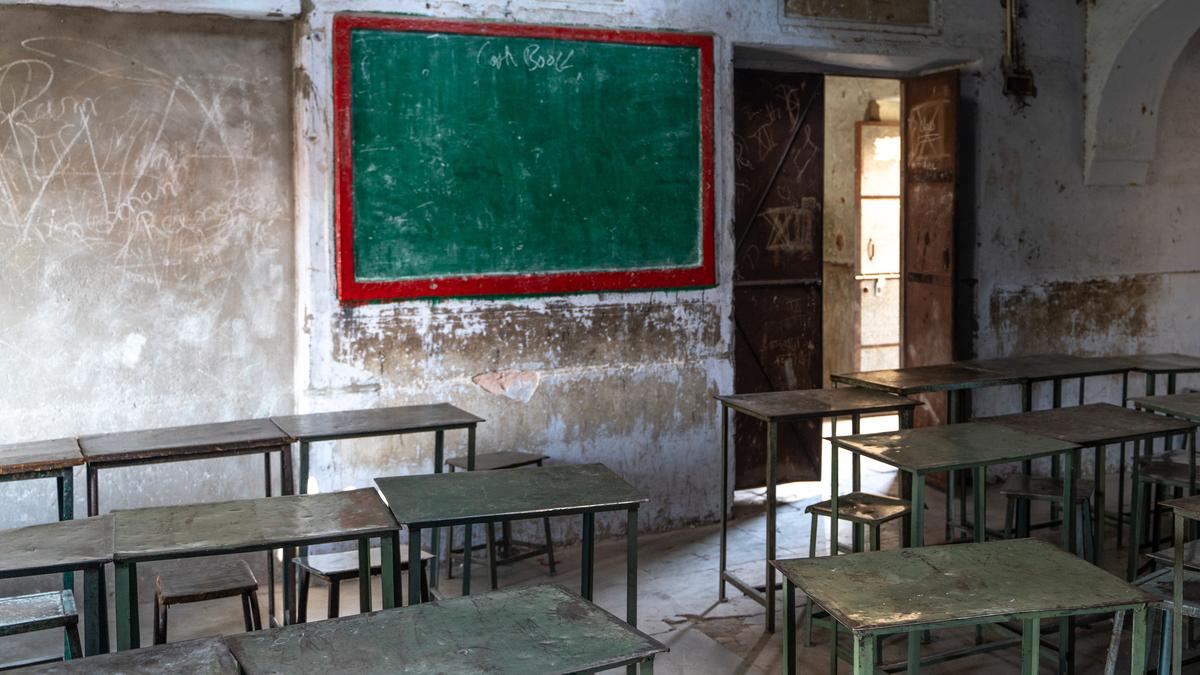Now Reading: GMC to Implement Single-Use Plastic Ban from August 1
-
01
GMC to Implement Single-Use Plastic Ban from August 1
GMC to Implement Single-Use Plastic Ban from August 1
Swift Summary
- Initiatives by Guntur Municipal Corporation (GMC):
– A complete ban on single-use plastics will be implemented across Guntur city from August 1, 2025.
– GMC has conducted rallies, public meetings, and awareness campaigns over the past three months to prepare for this transition.
– Special task forces will carry out inspections and impose penalties on violators. Citizens are encouraged to use cloth or jute bags.
- Scheduled Meetings:
– Meetings with hotel, restaurant, curry point owners, plastic manufacturers, and the Chamber of Commerce are planned for July 29 to ensure cooperation with new regulations.
- Encroachment Removal Ultimatum:
– GMC has issued a three-day deadline for voluntary removal of road and drain encroachments on Kakani road and Ponnur road. These encroachments obstruct desilting operations causing issues like waterlogging and flooding in low-lying areas.
- waste Management Improvements:
– Construction work at the Garbage Transfer Station located at Etukuru road compost yard has been instructed to accelerate. Segregated waste collection from households and businesses is set to commence from August 1.
Indian Opinion Analysis
The initiatives announced by the Guntur Municipal Corporation reflect progressive measures aimed at addressing urban environmental challenges such as pollution control, waste management, and encroachments that impact essential civic infrastructure. The ban on single-use plastics aligns with national policies emphasizing sustainability but its success hinges upon strict enforcement and broad cooperation among citizens as well as stakeholders like businesses.
Similarly, tackling unauthorized structures obstructing drainage systems highlights a pragmatic approach to mitigate flooding risks in monsoons-a recurring issue in many Indian cities. Collaboration thru targeted stakeholder meetings shows an inclusive governance model but could require sustained follow-ups for effective implementation.
Acceleration of garbage transfer station construction coupled with segregated waste collection signal GMC’s readiness towards modernizing waste handling practices-an essential step toward improving urban health standards long-term. Though, comprehensive monitoring mechanisms along with civic participation remain vital elements for achieving these objectives effectively.
























